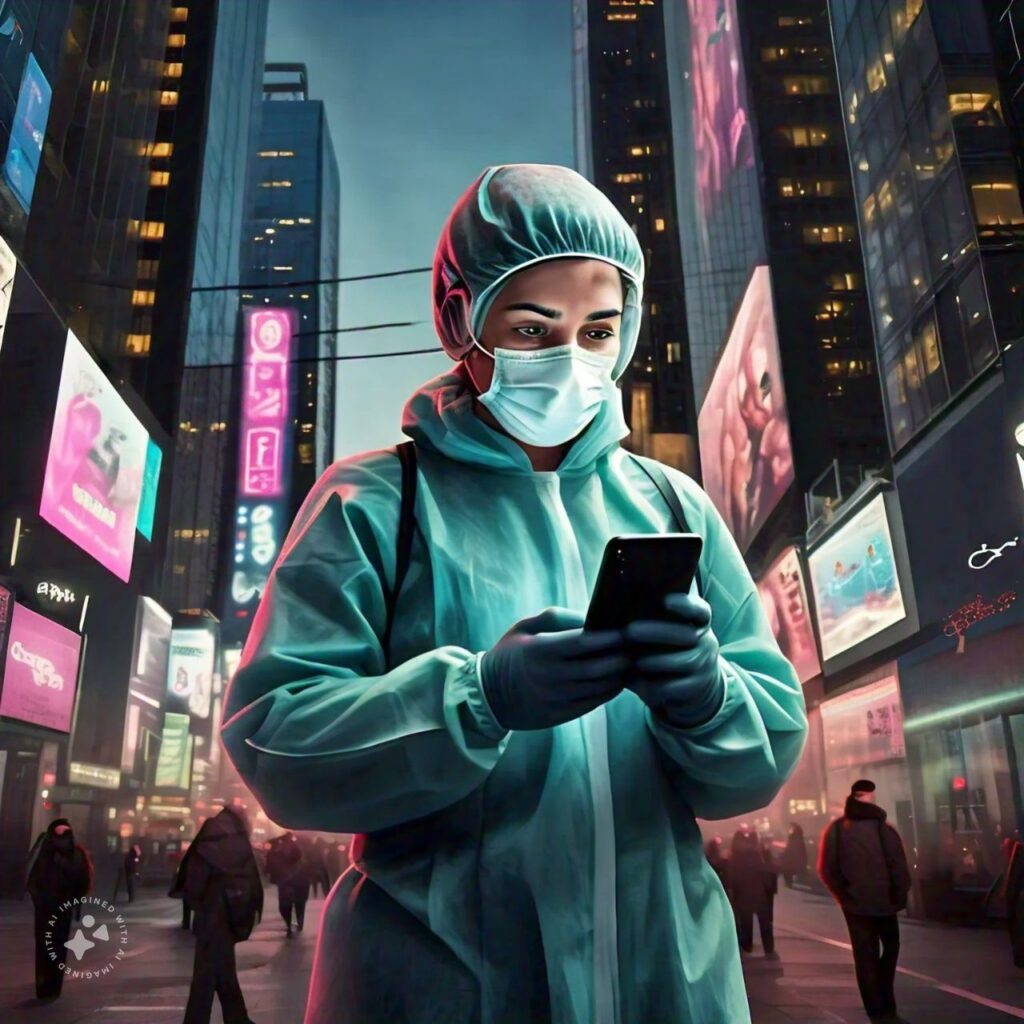In this post, you will read an Essay on COVID-19.
COVID-19: The Pandemic That Changed the World
The COVID-19 pandemic, caused by the novel coronavirus SARS-CoV-2, emerged in late 2019 and quickly spread around the globe. First detected in Wuhan, China, the virus spread rapidly, creating a worldwide health crisis and deeply impacting lives across social, economic, and political spheres. The pandemic has been one of the most significant global events of the 21st century, forcing people to adjust to new ways of living and challenging healthcare systems, economies, and individual lives.

COVID-19 brought with it unique challenges for medical professionals and health researchers, who faced the urgent task of understanding the virus and developing effective treatments and vaccines. Healthcare workers worldwide were on the front lines, providing care for patients while risking their health. Governments responded by introducing emergency policies, implementing lockdowns, travel restrictions, and social distancing measures. These policies aimed to control the virus’s spread and reduce the strain on healthcare systems.
Social level:
Socially, COVID-19 transformed how people interact and communicate. With lockdowns and travel restrictions in place, people turned to digital platforms to stay connected. Schools, universities, and workplaces adopted online methods, leading to widespread remote learning and work-from-home arrangements. While digital communication tools allowed people to continue their work and studies, they also brought challenges such as feelings of isolation, stress from balancing work and home life, and a loss of in-person social interactions. This shift in social dynamics highlighted both the benefits and limitations of technology in maintaining human connections during times of crisis.
Economic Level:
Economically, the pandemic triggered a global recession, affecting both large businesses and small enterprises. Numerous industries—such as tourism, hospitality, and retail—faced unprecedented challenges as demand dropped and closures became common. Many workers lost jobs, and families struggled with reduced income, causing financial hardship on a large scale. Governments around the world provided stimulus packages and economic relief programs to support individuals and businesses affected by the pandemic. Despite these efforts, the economic impact of COVID-19 is still being felt, and recovery is expected to take time.
Combat of COVID-19:
One of the key elements in combating COVID-19 has been the development and distribution of vaccines. Scientists and researchers worked tirelessly to develop vaccines within a remarkably short period. By late 2020, the first COVID-19 vaccines were approved for emergency use, marking a significant milestone in the fight against the virus. Vaccination campaigns were rolled out globally, with a focus on vaccinating vulnerable populations first. The vaccines have proven effective in reducing severe illness and death, helping to bring down infection rates and ease pressure on healthcare systems.
Despite the progress made with vaccination, challenges remain. Variants of the virus, such as the Delta and Omicron variants, have presented new obstacles in controlling the spread of COVID-19. These variants are more transmissible and, in some cases, can reduce vaccine effectiveness. Health organizations continue to monitor these variants closely and encourage booster doses to enhance immunity. The evolving nature of the virus reminds us that public health efforts must remain adaptable and that ongoing research is essential for responding to new developments.
The pandemic has also highlighted the importance of public health measures and preparedness for future health crises. It underscored the need for countries to have well-equipped healthcare systems and effective emergency response plans. Additionally, it emphasized the importance of international cooperation, as the virus does not respect borders. Global health organizations like the World Health Organization (WHO) played a critical role in coordinating responses, providing guidelines, and ensuring equitable access to resources. The pandemic taught the world valuable lessons about the need for collective action and solidarity in facing global challenges.
Mental Health and Well-being:
On a personal level, COVID-19 has impacted individuals’ mental health and well-being. The fear of infection, uncertainty about the future, and isolation from loved ones have led to increased levels of stress, anxiety, and depression. Mental health services saw a surge in demand, and people became more aware of the importance of mental well-being. As a result, communities and organizations have started prioritizing mental health support, offering counselling and resources to help individuals cope with the challenges brought by the pandemic.
Conclusion:
In conclusion, COVID-19 has had a profound impact on society, reshaping many aspects of life and reminding us of our shared vulnerabilities. While the pandemic has brought hardship and loss, it has also led to innovation, scientific advancements, and a stronger sense of global unity. As the world continues to navigate the challenges of COVID-19, it is essential to remain vigilant, prepared, and committed to supporting one another. The lessons learned from this pandemic will undoubtedly shape our responses to future crises and reinforce the importance of resilience, adaptability, and cooperation in a connected world.
Also read: My School Essay
For learning English, Subscribe to my YouTube channel English Grammar Hub

